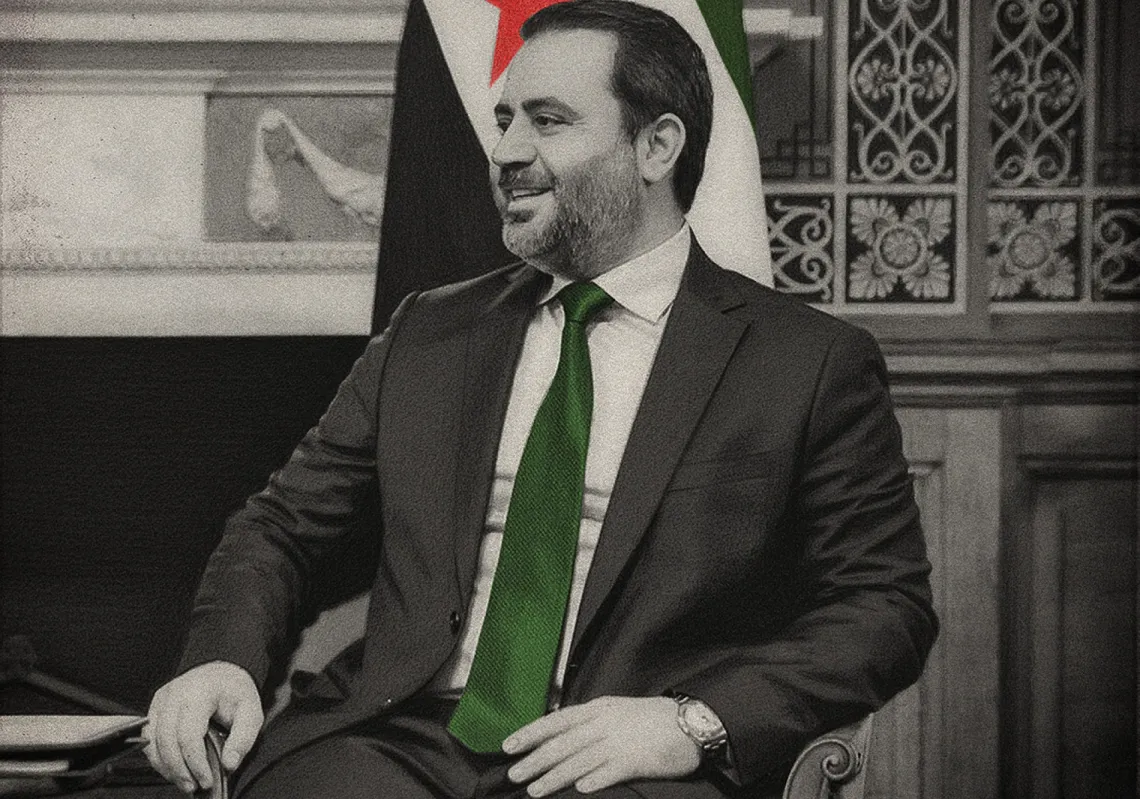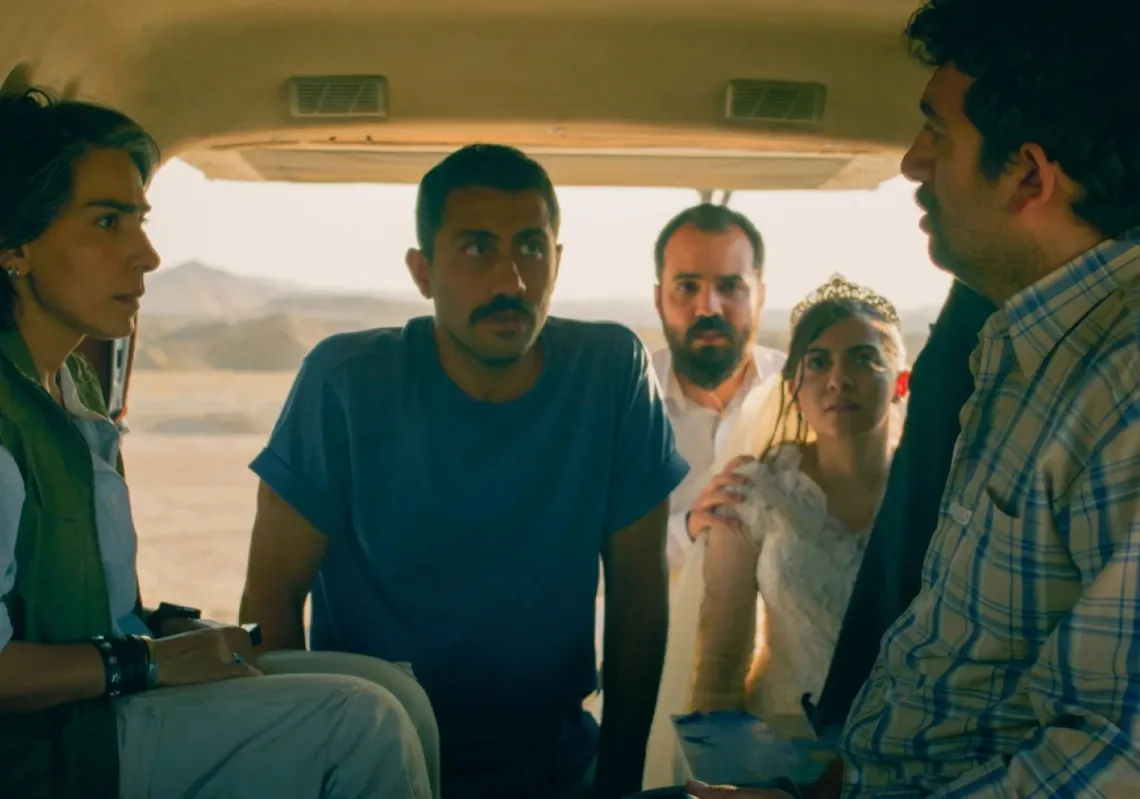 [/caption]
[/caption]
As he followed the ambulance carrying the body of Pope Shenouda III away from Cairo’s main cathedral after today’s funeral mass, Romani Abaded explained exactly what it was that made the Coptic patriarch such a totemic figure among Egypt’s Christians.
“He was like a father, a mother and a brother, all in one,” said the 26-year-old restaurant worker. “He was important to people all around the world, not just the Arabs.”
With thousands of other mourners streaming through the streets of Cairo behind the Pope – affectionately known as Baba Shenouda – it seemed difficult to disagree. Earlier in the day, St Mark’s cathedral had filled up to full capacity as worshippers, clerics and local notables arrived to pay their respects.
Shenouda’s body was resting in a white casket inside the cathedral, dressed in traditional religious robes complete with a golden crown. The main streets leading up to the cathedral had been cordoned off by military police and officers from the central security forces.
Thousands of mourners, many waving photos of the Pope, gathered behind crash barriers set up in the roads, while inside some of the congregation broke down in tears as sombre prayer rang round the cavernous interior.
The reign of Pope Shenouda, who died on Saturday aged 88, was characterised by his emphasis on maintaining the primacy of Christians in Egypt’s national identity – a mission which often brought him into conflict with the authorities.
Born Nazeer Gayed in Upper Egypt to a devoutly Christian family, he graduated with a history degree and later took the name of Father Antonios el-Syriani after becoming a monk in 1954.
Ten years after being enthroned as the Pope of Alexandria in 1971, he had a major run-in with President Anwar Sadat, after which he was banished to a desert monastery for refusing to oversee a public Easter celebration.
Despite the outpouring of grief for their leader yesterday, many Christians in Egypt were alienated by Shenouda’s views on social and political issues.
His pronouncement that Christians should only ever visit Jerusalem when they could do so hand in hand with Muslims was widely criticised– as was his insistence that Christians should only every be allowed to divorce in cases where adultery had been committed.
With Shenouda gone, the Coptic church has become rudderless at a critical moment in its history. Many Christians are growing increasingly concerned about the advances being made by Egypt’s political Islamists.
With the process of selecting a successor expected to take many months, it will be some time before they are afforded any sense of stability.








